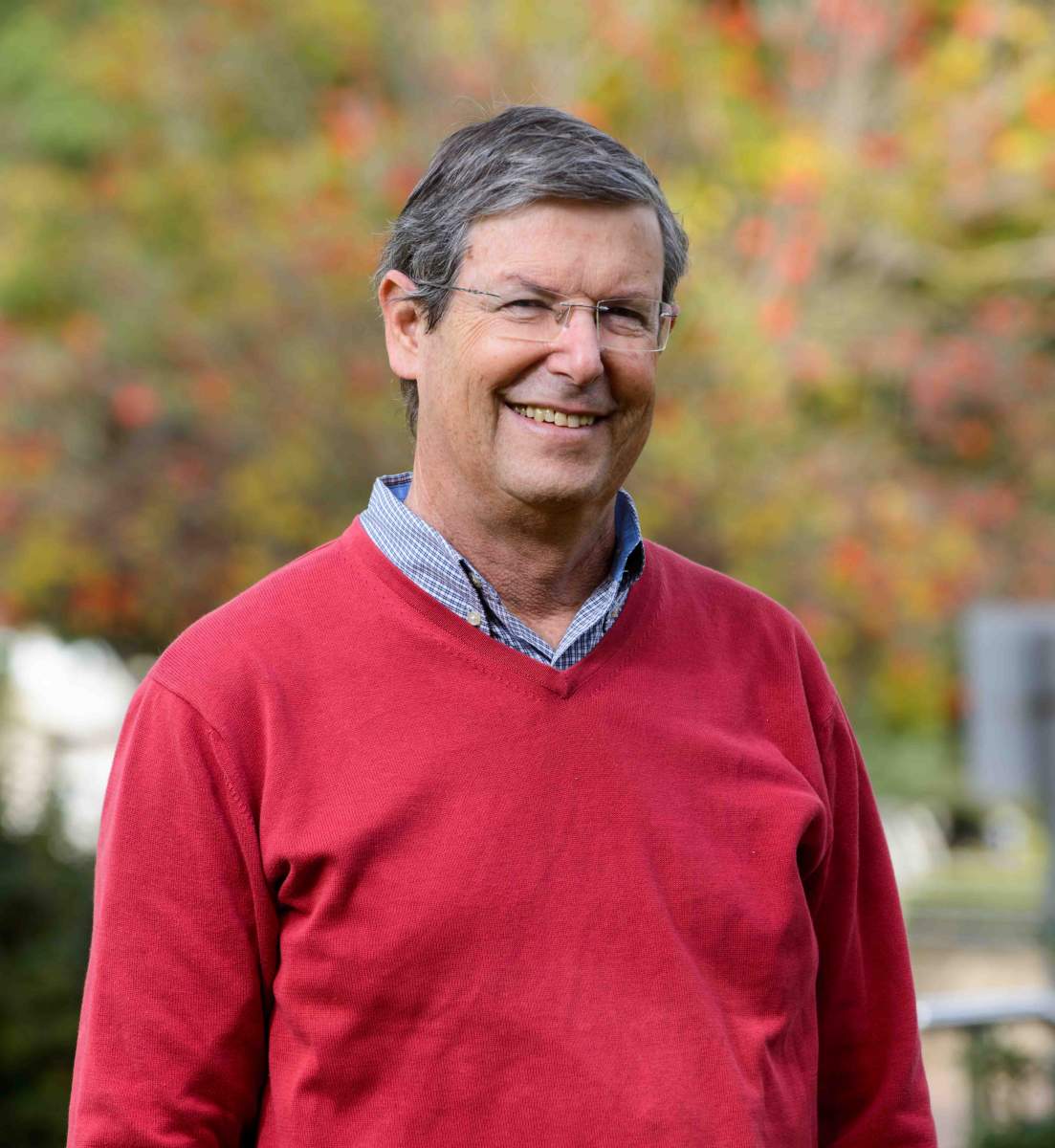Are you a journalist? Please sign up here for our press releases
Subscribe to our monthly newsletter:

The 2019 Israel Prize for Earth Sciences will go to Prof. Dan Yakir of the Weizmann Institute of Science. The Prize committee chose Prof. Yakir for his research that “enabled the development of innovative methods for using stable isotopes for evaluating the contribution of terrestrial photosynthesis to the Earth’s climate and the identification of chemical and biological processes in the soil-plant-atmosphere system that affect it.” Yakir established, twenty years ago, a research station in the semiarid Yatir Forest that is a part of the global network FLUXNET, and the measurements over the years from this unique region have added valuable knowledge to the ways that forests bordering desert regions affect local and global climate. The committee also cited Yakir’s contribution to advancing science in society at large.
In addition to the Yatir Research Station, Yakir established the Biosphere-Atmosphere Research Mobile Lab, which enables him and his team to take measurements in the forest canopies over the various forest types in Israel. The station and mobile lab have attracted researchers from around the globe, including, just recently, a group from Austria, Germany and Italy who, together with Yakir and his group, showed that photosynthesis closes down in two stages during an extreme heat wave.
Yakir has developed methods for precisely measuring how much CO2 is absorbed by the forest trees, as well as methods for analyzing to what extent global warming can be offset by such forests. This analysis paints a highly nuanced picture of forests’ influence on climate, suggesting, for example, dry forests are very efficient in storing carbon removed from the atmosphere, but due to their dark color and the way they hold onto radiation energy, semiarid forests take longer than thought to offset the greenhouse effect caused by rising CO2 levels. Analytical tools developed in his group together with global models were used to show that planting a wide green belt right where the Sahara meets the rest of the African continent could contribute significantly to cooling the planet.
Prof. Dan Yakir has been a member of the Weizmann Institute of Science since 1991, in what is today the Earth and Planetary Sciences Department. He has served on the board of directors of a number of national ecological research organizations including the Interuniversity Marine Lab in Eilat, the Arava Institute for Environmental Studies, the Israel Society of Ecology and Environmental Sciences and Israel’s National Nature Assessment Program. In addition, he has taken an active role in global climate research, including sitting on the steering committees of the Global Network of Isotopes in Precipitation (GNIP) and the Integrated Land Ecosystem Atmosphere Processes Study (iLEAPS), and he has served as an external researcher in several European and Israeli universities.
Prof. Dan Yakir's research is supported by the Sussman Family Center for the Study of Environmental Sciences; the Cathy Wills and Robert Lewis Program in Environmental Science; and Dana and Yossie Hollander.